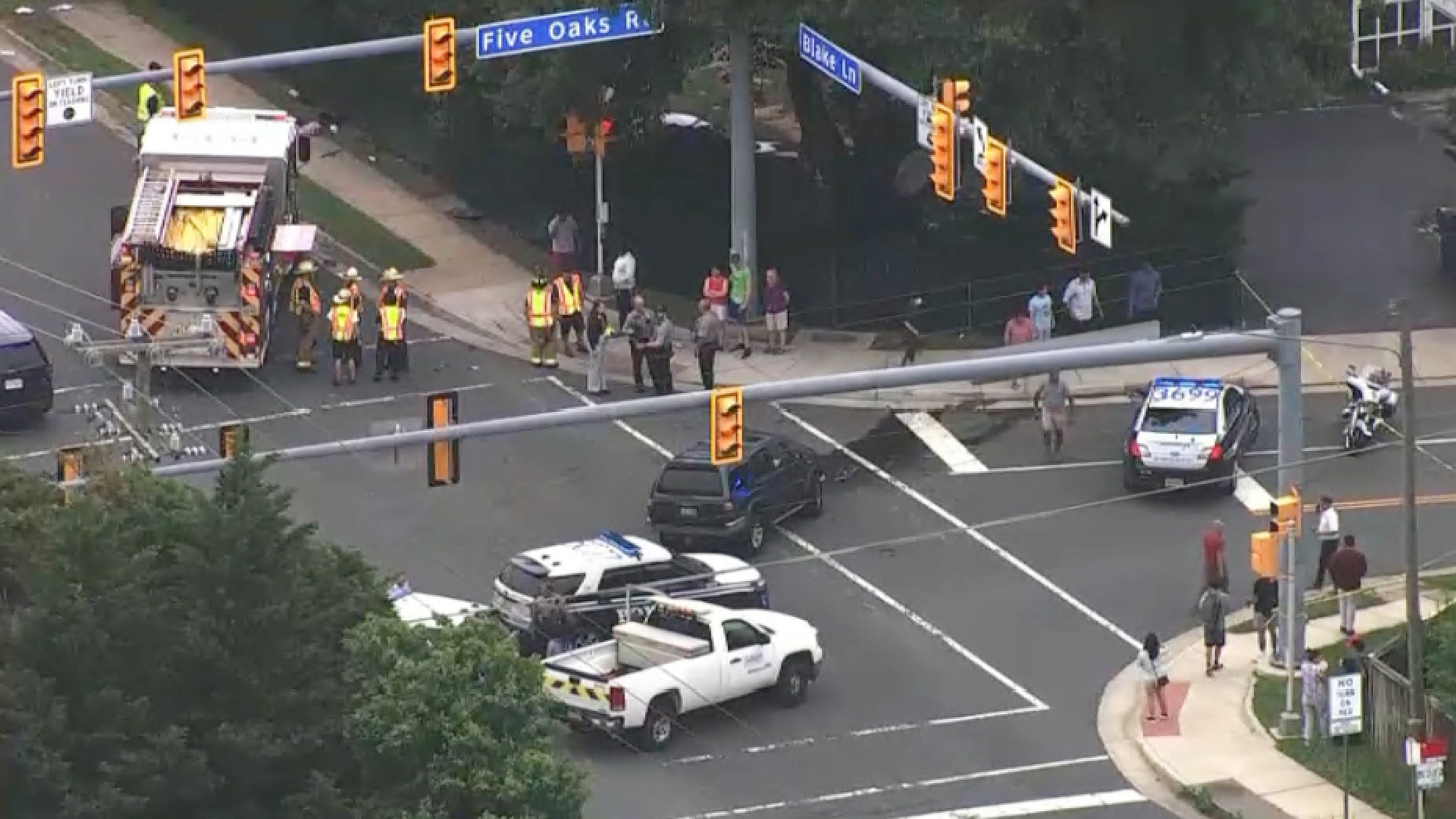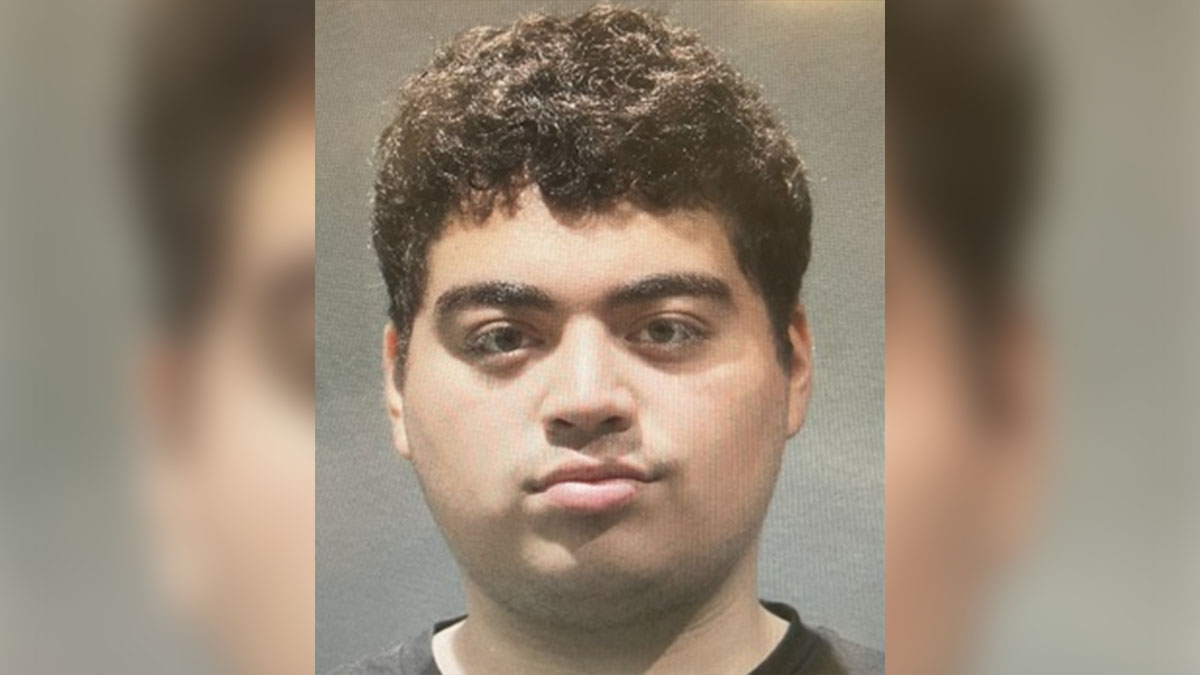Historians who are documenting locations significant to Loudoun County's African American history are making new discoveries with the help of residents.
The county hired EHT Traceries to do an updated survey of sites and buildings that have historical meaning to the African American community. Architectural historians have been visiting sites since September of last year, handing out flyers to residents.
The county first did a survey of African American historical sites in 2004, but a preservation group realized it was time for an update.
"If we don’t know what the resources are … they will be bulldozed, they will be eliminated," Donna Bohanon, chair of the Black History Committee, told News4.
We're making it easier for you to find stories that matter with our new newsletter — The 4Front. Sign up here and get news that is important for you to your inbox.
For decades, some of the county's sites and their importance were overlooked.
One such place is a house in the St. Louis area of the county that was built in 1895.
Sharon Peterson said her great grandparents built the home. They owned about 300 acres in an enclave founded on land that freed men and woman purchased after the Civil War.
Local
Washington, D.C., Maryland and Virginia local news, events and information
Peterson said her uncle named the town.
"He named it Little St. Louis and they dropped the 'little' off it," she said.
Much of the survey work focuses on places like churches and schools. Mt. Zion Baptist Church of St. Louis, for instance, was founded in 1885.
"During the Jim Crow era, these really institutions were focal points of African American communities," said Eric Griffits, an architectural historian for EHT Traceries.
Some of the other sites the group is mapping include a house in Middleburg where the Freedmen's Bureau helped previously enslaved people after the Civil War and a drugstore that was the site of lunch counter protests in 1961.
Other buildings have been lost. The new survey shows many east of Leesburg have vanished since 2004.
Once the new survey is complete, the project can both help guide development decisions and provide a more complete picture of how African Americans built and shaped Loudoun County.
"I think it fits quite nicely into the county’s overall mission to bring equity into the work that the county government does," said Heidi Siebentritt, the principal planner for historic preservation in the Loudoun County Department of Planning and Zoning.
The Black History Committee is partnering with students at George Mason University to help gather oral histories.



